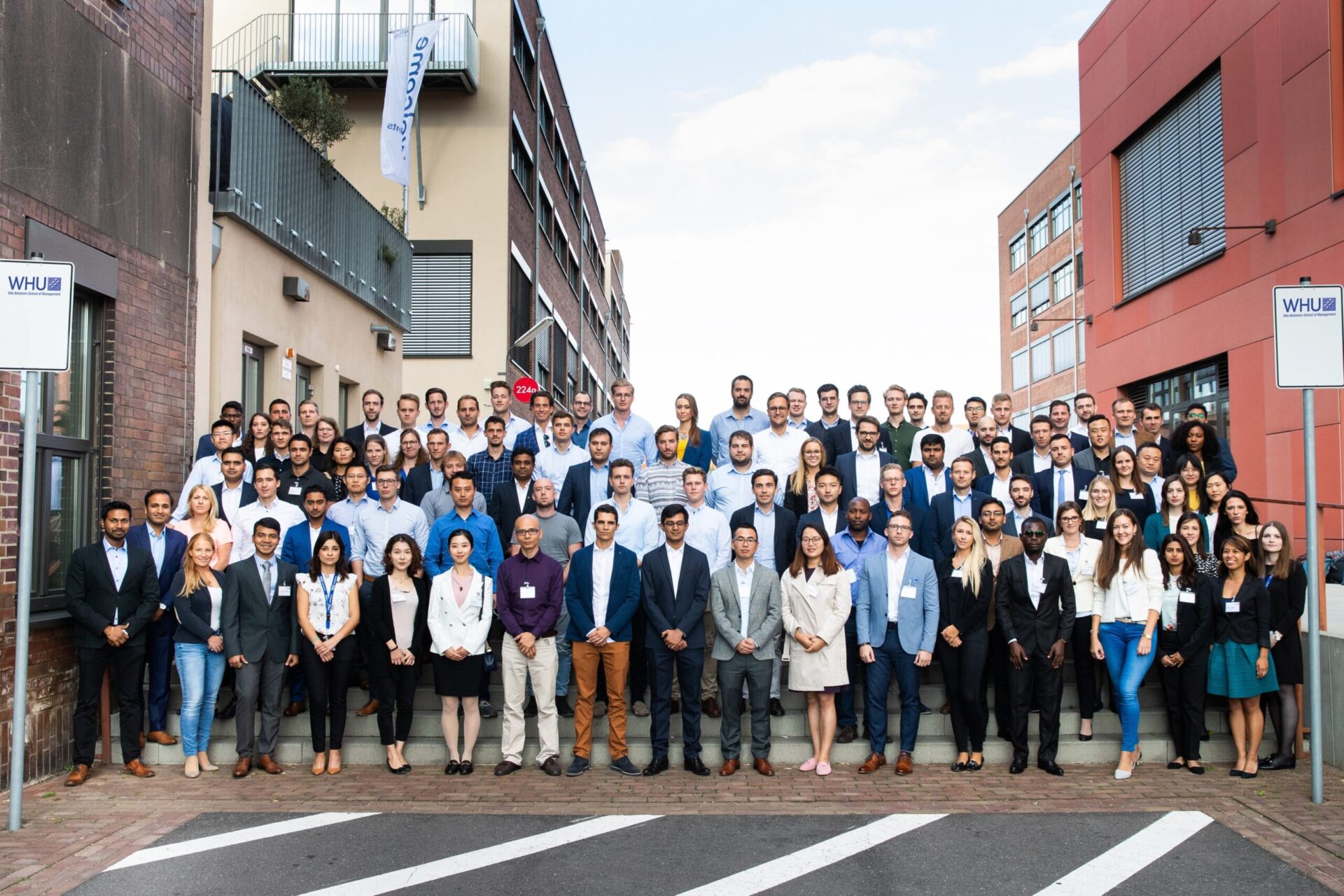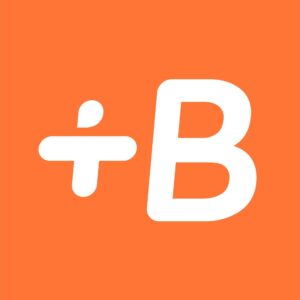The MBA program at the WHU – Otto Beisheim School of Management now offers students the possibility of using Babbel for their foreign language study. Communication is essential in the business world and, in order to be successful, it’s imperative to be able to communicate smoothly with colleagues, business partners and customers from different countries and backgrounds.
Against this backdrop, the MBA program at WHU has used its groundbreaking partnership with Babbel to diversify the options for student language learning.
With this new offering, the intensive German course for WHU’s many international MBA students – undertaken both before the start of classes and on an ongoing basis – has gained a valuable supplement. This innovation is particularly useful for those students who plan to stay in Germany after their studies and build careers in German businesses. In addition, Babbel is also available in 13 other languages, so that both international and German students can take advantage of the opportunity to improve their language abilities.
The following interview with Gerold Gnau, the WHU’s MBA Program Director, touches on the importance of diversity and language learning.
Mr. Gnau, the MBA programs at the WHU are very international. Can you give us a small glimpse at the makeup of your student body?
Our MBA students in the full-time program basically come from the entire world; in the most recent cohort we had 86 percent international students. They represented 18 nationalities from North and South America, Africa, Europe, the Middle East, India, China and Southeast Asia. In the part-time program, the percentage of international students is naturally a bit smaller, given that these MBAs already work here and just come to campus twice a month. But even here, in our most recent class we had 42 percent international participants representing 17 different nationalities, a new record in the area of diversity. Most of these international students come from the expat community, but some do make the twice-monthly trip from other nearby countries.
What examples can you share with us of the advantages of this kind of diversity and these different perspectives?
Diversity is central to the MBA program. This not only has to do with cultural background, but also with the many different academic degrees and the different fields and professional roles that our MBA students come from. In our MBA, we’ve got a logistics expert from Ecuador studying alongside a communication strategist from the US, and an accounting expert from Germany alongside an adviser from China and a marketing manager from Mexico.

You offer the participants in your MBA program access to the language learning app Babbel. In what context do students need additional language skills?
A great many of our international MBA students would like to remain in Germany after their studies, and we would like to offer them optimal credentials for their careers. Many businesses in German expect, at the very least, a fundamental proficiency in German. Offering this is our primary motivation for our collaboration with Babbel. I see it as a great supplement to our existing offerings, which include intensive German courses, before the MBA program starts, in cooperation with the Goethe-Institut Düsseldorf, as well as our own continuing German courses during the program.
Your MBA program is very internationally oriented, with integrated foreign modules in India, China and the US. Is this the reason why you decided on a digital solution?
Our program concept is designed around being present – in the interactions between professors and students, but also among the students themselves. The same is true for our German courses. The language learning app is a great supplement to our existing offerings, not a replacement for them.
What have the reactions to Babbel been like so far?
The reactions have been all-around positive.







